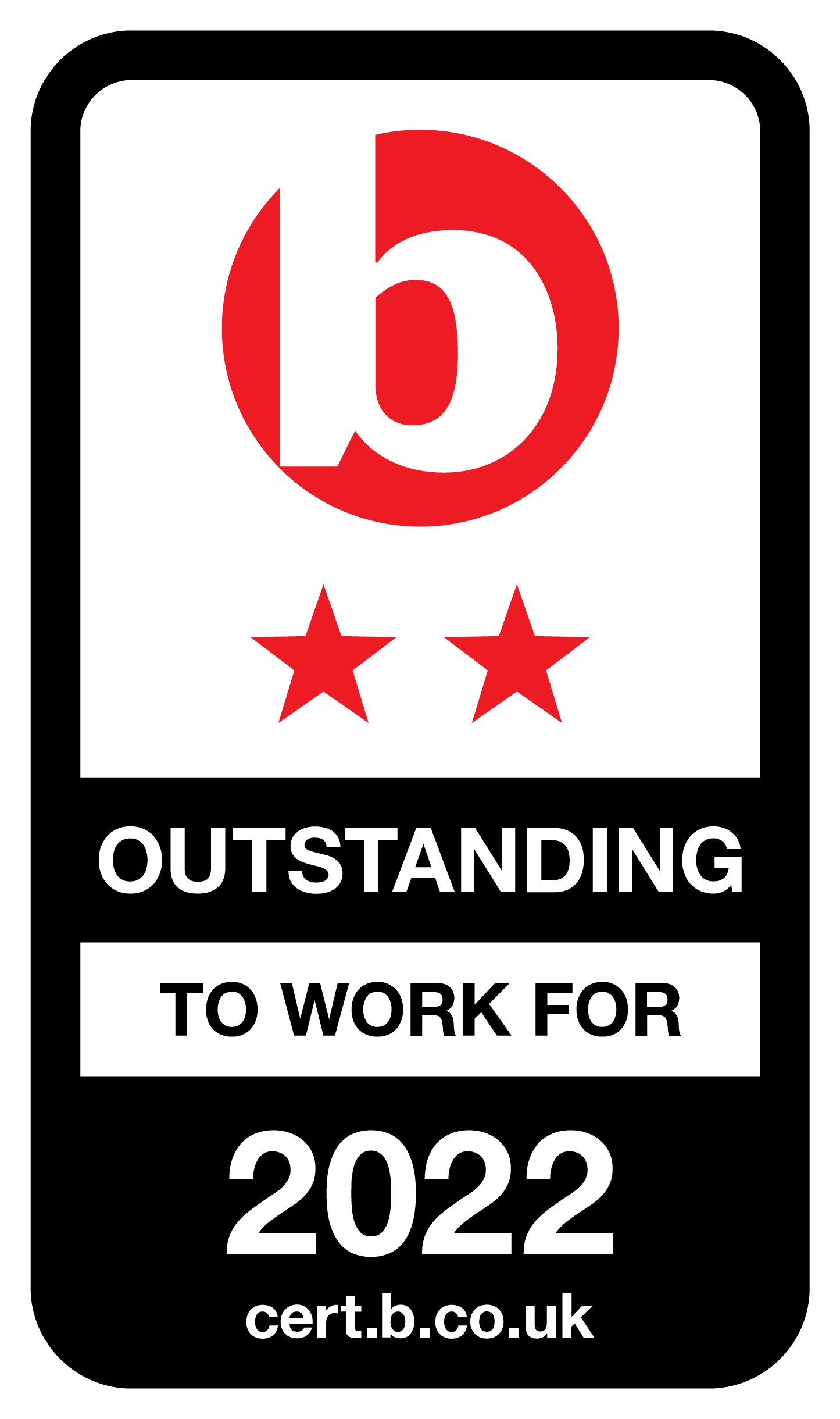
Important year end considerations for the United States
The United States tax year ends on 31st December and as a result the next few weeks are key for employers to ensure that payroll has captured all of the necessary information before close.
It is important for employers to ensure that all taxable income has been reported in payroll in order to:
- Ensure that the employer is compliant with their obligations to report all taxable income on Form W2 and withhold all applicable taxes.
- Minimise the risk (and associated costs and complications) of filing corrected W2s (Form W2-c).
- Ensure that employees have the correct income to report on their tax returns and therefore avoid having to manually add income to their returns (and being charged underpayment of estimated tax penalties in the process) or under-report income altogether.
The start of a new tax year also generates payroll considerations that employers should be aware of. In this article, we highlight some of the key areas that employers will need to consider both now ahead of the end of the tax year and moving into 2023.
REFLECTING ON TAX YEAR END & NECESSARY ACTIONS
Have you considered off payroll fringe benefits in your annual payroll reporting?
Some employers may be unsure of the fringe benefits to consider (see below for some common examples that are often omitted). Note that many of these examples are relevant for employers who second individuals into or out of the US, however ensuring that all benefits are correctly captured, is also key for domestic employers and employees.
- Non-US country tax payments – payments made by an employer on behalf of an employee via foreign withholding or tax return liabilities.
- Tax preparation fees – the fees the employer pays to an external provider to assist an individual with their tax return submission are considered a fringe benefit (both US and foreign if applicable).
- Tax equalisation payments – it is important to consider when a payment to or from an employee should be included as taxable income.
- Foreign pension contributions – consideration should be given to any tax relief that is available, considering reciprocal agreements and limitations.
- Additional mobility benefits – most benefits paid to, or on behalf of an employee, should be captured in payroll. This is typically missed when a country does not pay/report these via payroll, such as medical benefit in the UK reported on a P11D, or there is an external relocation provider managing the benefit provision. Some examples of this include; car allowances, housing and utilities, and cost of living payments for seconded employees.
- Employee gifts – there are rules and regulations that employers should be aware of when certain gifts or staff entertainment events become taxable.
- Company cars – if you provide a car and/or fuel for an employee’s personal use, this would be taxable. As an employer, it is important that the employee records the usage of such vehicles for the employer to report the correct amount for personal use.
Have you implemented the necessary changes to payroll reporting due to changes in working patterns?
The accurate reporting of trailing income (income paid relating to a prior period of service) for individuals who have ceased a secondment or travel during the year in question (or before) is often missed by employers. A year-end review should highlight anyone who is no longer working away from their home country and an analysis of the employees renumeration/benefits should be undertaken prior to year-end to ensure that payments such as a bonus, or share awards, that may relate to a period in the US, are captured (in the case of a seconded employee who has returned to their home country).
In some cases, and in addition to the compliance risk and potentially large penalties for non-compliance, not reporting this income correctly can result in an increased net tax cost for the employer, especially with regards to globally mobile and tax equalised employees.
Looking at domestic employees, a similar situation may also arise if an individual has moved to a different state or returned from a period of work in a different state. Bonus and share payments may need to be reported in multiple states depending on where services were performed during the relevant earnings period, which in some cases may be over 5 years or more.
Have you reviewed the timing of non-US tax payments?
For US employers with employees working overseas, the timing of foreign tax payments is crucial to effectively manage cash flow and mitigate double taxation, especially where the tax years are not coterminous. Employers should review the timing and reporting of any proposed tax payments to ensure they are made prior to US tax year end to maximise foreign tax credits that can be claimed by individuals on their individual income tax returns.
LOOKING FORWARD TO THE NEXT TAX YEAR & PLANNING CONSIDERATIONS
Do you have the correct administration in place that is current & relevant?
It may have been some time since a review was done for individuals who are either on, or exempt from, US payroll or reporting. Employers are typically diligent at ensuring documents are in place at the start of an arrangement, but often neglect to track or review the expiry of these periodically to ensure they are up to date. If an extension is required, it is good practice to apply in good time to prevent potential penalties or exposure to dual withholding. Items you may be required to renew, or update include:
- Certificates of Coverage (CoC) – is held to exempt social security from being payable in two jurisdictions. Note, a CoC is typically not renewable after 5 years, so longer term arrangements may require more extensive planning.
- Form 8233 – is an exemption from federal income tax withholding when an income tax treaty applies. This should be renewed annually with the IRS.
- Form W-4 – this is an Employee’s Federal Withholding Certificate (with various state equivalents) to ensure employees’ withholding is correct. It’s good practice to remind employees to review this on an annual basis in case their personal circumstances have changed.
In addition with the increase in flexible and remote work, have you conducted a post-pandemic review of employee work locations to ensure the correct documentation is in place for the jurisdiction they work in?
The working landscape coming out of the pandemic has rapidly changed and employers have flexible working policies and remote worker contracts on a scale that hasn’t been seen before. Keeping accurate records of employee whereabouts is crucial in ensuring correct payroll reporting and this is an area where the corporate tax position can vary significantly from the employment tax obligations. The start of a new tax year is an ideal time to conduct a location review to avoid any compliance issues later in the year.
When did you last review your tax policies?
With the ever-changing landscape of cross-border moves and remote working, it is a good time to review what tax policies you have in place to ensure they are fit for purpose. With increased levels of complexity, driven by business needs to be more flexible, the one-size fits all approach is no longer able to support a diverse population of commuters, long term secondees, senior executive moves and international remote workers. The correct policy is critical to ensuring the employer and employee are protected and adequately supported.
The above is by no means an exhaustive list of considerations, but if you would like to discuss any of the matters covered or have a broader conversation about your US related obligations, please contact one of our US specialists – Douglas Michael, Jessica Hodgson & Michael Smith, or your usual contact, and we would be happy to assist.
Our accreditations
Payrolling Benefits – Act now!
As we approach the end of the 2020/21 tax year, we will shortly be in the P11D reporting window for employee benefits. While completing P11Ds may be something that you have done for as far as you can remember, it may be worth considering moving to the Payrolling Benefits scheme from April 2021 to streamline and simplify your employee benefit reporting.
Our accreditations
Coronavirus Job Retention Scheme extended until September 2021
Following on from the Budget that was delivered by the Government yesterday, Wednesday 3rd March, it has now been confirmed that Coronavirus Job Retention Scheme (CJRS) will be extended until September 2021.
Our accreditations
IR35 Off-Payroll Reform – A Recap
As we find ourselves in another National lockdown, businesses may be questioning whether we will see another delay to the implementation of the IR35 Off-Payroll Working changes due to come in from April 2021. This however is wishful thinking as we hear the government has pledged its commitment to introducing the rules as planned with Parliament having already passed the legislation.
Our accreditations
Payroll technology in the digital age
Rapidly advancing technology in the Digital Age means organisations are increasingly moving their technology away from ERP based systems to cloud based solutions and the use of both API and AI technology is more commonly being utilised to bridge the gap when systems do not automatically integrate. Having a coherent technology strategy is critical to deal with the increased complexity of payroll operations and the increased compliance and regulatory environment.
Our accreditations
Furlough and beyond
Since the Coronavirus Job Retention Scheme (CJRS) was first thrust upon us just over 10 months ago, it has acted as an unprecedented support mechanism in helping employers and employees across the whole of the United Kingdom cope with the uncertainty in surviving as a business whilst also retaining employees in their jobs. Although all jobs have not been saved, thousands of jobs, have thankfully been saved due to the scheme.
Our accreditations
Furlough during the Christmas period
With Christmas only one month away, employers and employees will now be thinking ahead on what this means during Christmas when most employers shutdown or employees request holidays during the festive period.
Our accreditations
Coronavirus Job Retention Scheme extended until March 2021
Additional guidance was released by the government yesterday afternoon, Thursday 5th November 2020, outlining further changes to the Coronavirus Job Retention Scheme (CJRS), which came into effect on 1st November 2020.
Our accreditations
IR35 off payroll working reform – education is key
As we edge closer to April 2021 when the private sector will be hit with new IR35 legislation, pushing responsibilities for contractor assessments and deduction of tax up the contractual chain, it is now time for businesses to dust off their IR35 plans from earlier this year for the original implementation date of April 2020.
Our accreditations
Coronavirus Employment Support Measures – An Update
On Friday afternoon the government issued some updates to the guidance on the Coronavirus Job Retention Scheme (CJRS) and published new guidance for the Job Retention Bonus (JRB) alongside how it will interact with the new Job Support Scheme (JSS). The following information is a summary of the most important points regarding Coronavirus Employment Support Measures to be aware of.
Our accreditations





